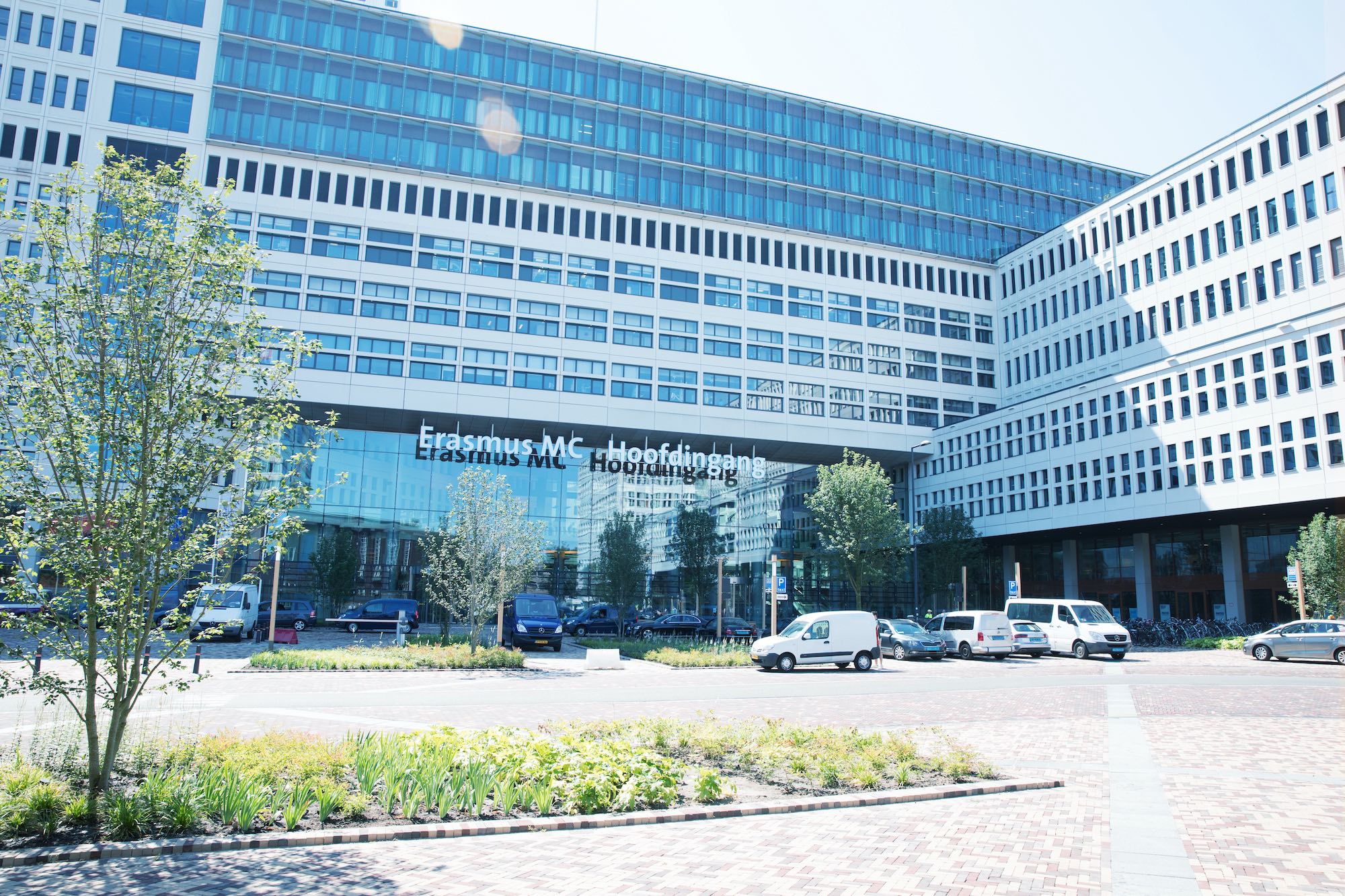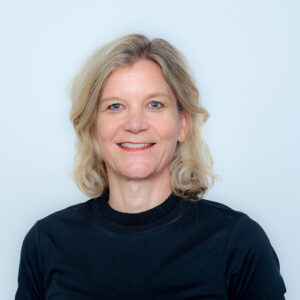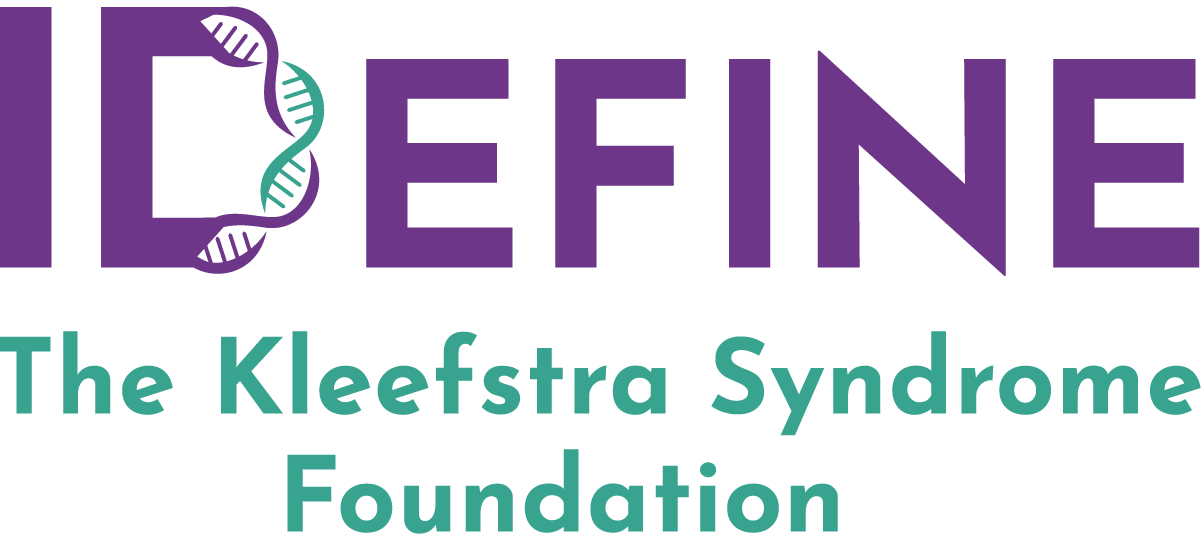Prof. Kleefstra recruited to new hospital

After almost 25 years of being affiliated with Radboud Medical Center, Professor Tjitske Kleefstra has been recruited to a new position at the largest hospital in The Netherlands. In March, she moved to Rotterdam to become head of the Department of Genetics at Erasmus Medical Center.
“This is a very ambitious and international oriented hospital with great doctors and researchers,” said Prof. Kleefstra. “It harbors the Sophia Children’s Hospital with many specialized pediatricians. Our department is positioned within the Sophia meaning I am closely in contact with other heads of pediatric departments. Therefore, I have more direct influence on the choices and possibilities in care and research of vulnerable children and their families.”
Prof. Kleefstra will use the knowledge and skills she developed over the years teaching, conducting research and providing patient care at Radboud Medical Center in her new leadership role at Erasmus.
“Now, with all my experience I have an umbrella function, overarching the various fields including diagnostic, clinical and research activities, and facilitating, guiding and connecting. So, from being fully active with feet in the content, I am now using my experience to lead the department with the other great team members. I hope to inspire younger people to develop themselves into modern doctors and researchers.”
Do not fear, Prof. Kleefstra says she will keep active on Kleefstra Syndrome and EHMT1-related clinical and research activities.

“I have several ongoing projects that were already initiated at Radboud, including BRAINMODEL to provide better treatment for neurodevelopmental disorders, studies on sleep, and a recently granted project on neuroinflammation that we will start soon. So, I will keep connected to this and my former colleagues. The Netherlands is a small country; Rotterdam is ‘only’ 120 km (75 miles) from Nijmegen.”
She also continues to serve on IDefine’s Scientific Advisory Board.
Her job transition provided Prof. Kleefstra an opportunity to reflect on her career, and she is proud of the progress that has been made toward better understanding KS and formulating therapeutics to help patients.
“When we identified the first two patients with EHMT1 variants in 2006 during my thesis studies, there was no team dedicated to studying it. We are fully dependent on research grants obtained in strong scientific competitions. Especially for clinical studies, it is hard to get funding to have doctors with dedicated time for studies. We invested lots of effort and time to get initiatives off the ground, but as I see where we are now, I think we achieved so much!” said Prof. Kleefstra. “We now have this world-wide community with the help of IDefine, and many patient associations with whom I regularly am in contact.
“I always say, there is no single treatment or cure, therefore I keep focusing with my team on the (individual) treatment and management needs. We need to realize children and adults, and their families living with this disorder also need help now.”
Prof. Kleefstra’s efforts truly are global. Last autumn she traveled to Italy, she recently participated in an online meeting with Columbian parents, in May she will attend a patient day in Paris, and she helped organize and will present at the “Kleefstra Syndrome Scientific Conference 2023: Moving towards the uptake and use of artificial intelligence (AI) in research and clinical work.”on June 1st and 2nd in Ljubljana, Slovenia.
In 2006, Prof. Kleefstra and her research team identified the genetic cause for the set of characteristics associated with what, after her work, became known as Kleefstra Syndrome.

